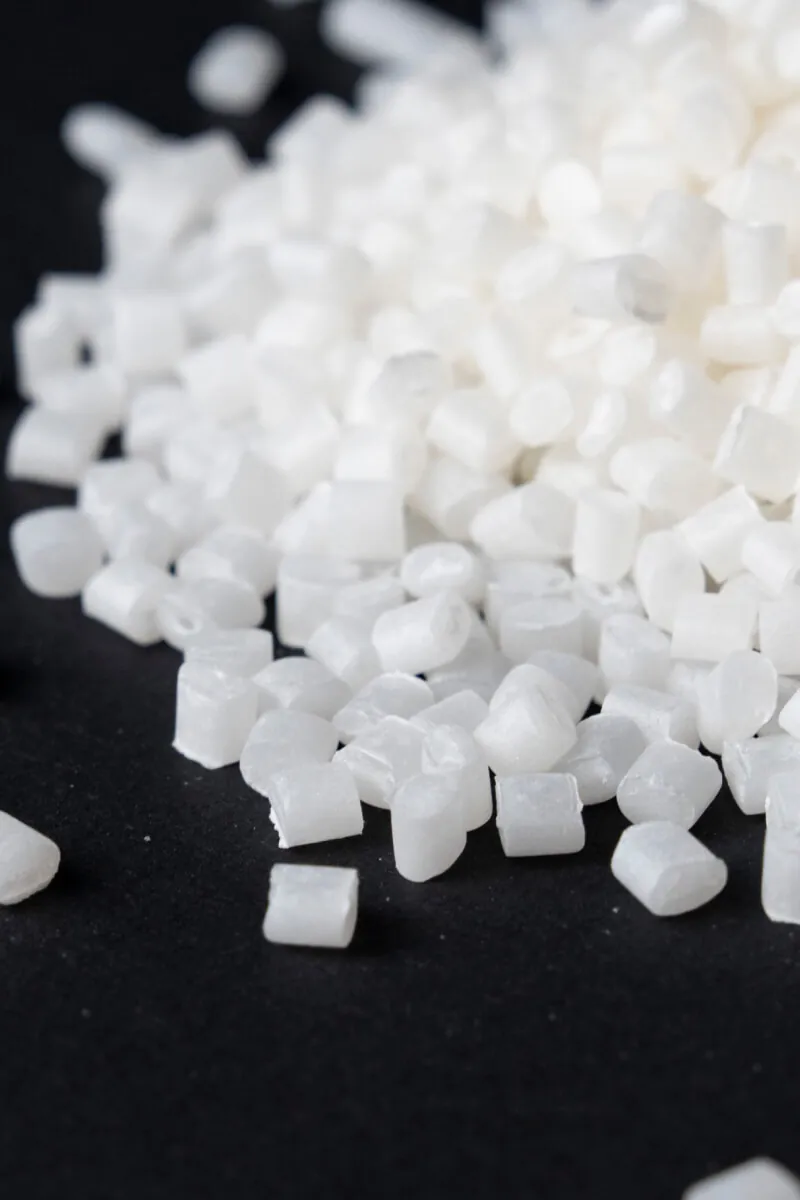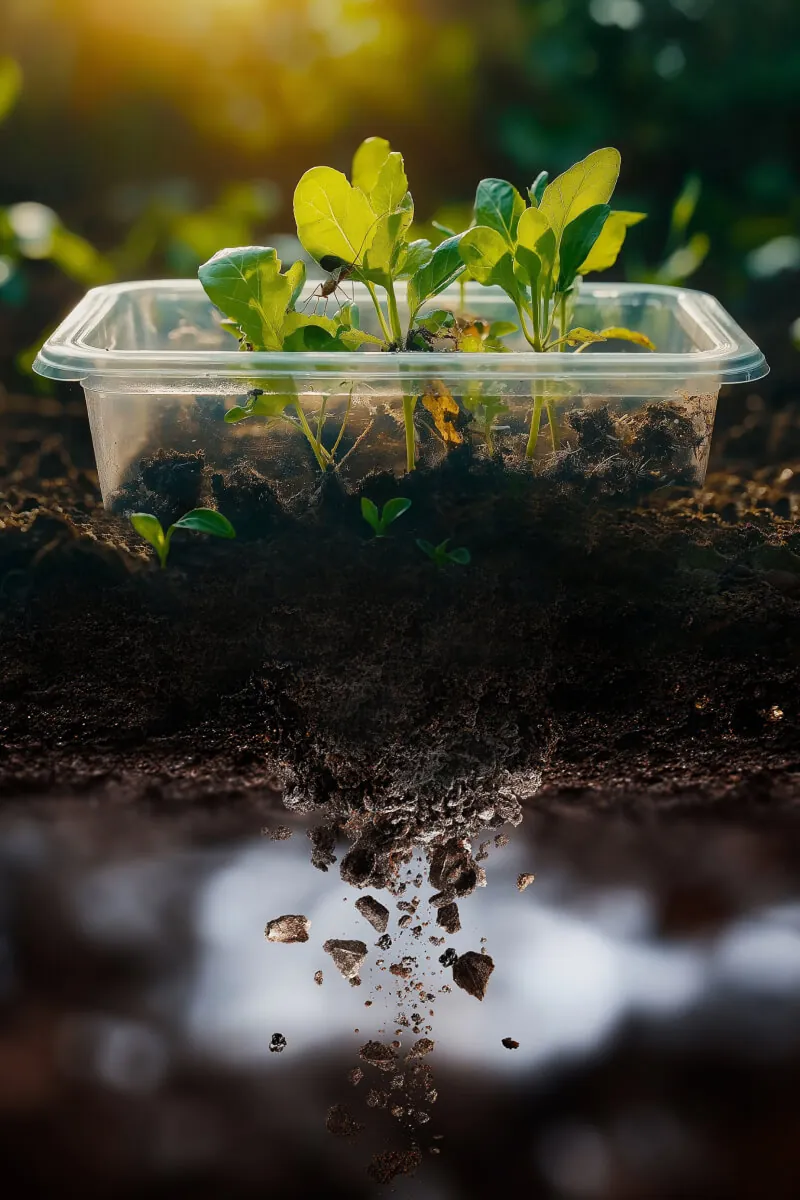At South Plastic Industry (SPI), we believe that sustainability should never come at the expense of product performance.
Through our advanced Biotransformation and Next-Generation Biodegradation technologies, we deliver a 100% environmentally responsible solution, helping protect your brand from potential reputational risks associated with the uncontrolled disposal of plastic waste.
Why Choose Ecorevo?
Our range of Ecorevo fully biodegradable eco-friendly food packaging products have the strength, safety and durability of conventional packaging. South Plastic Industry supports the high ethical standards of food manufacturers using biodegradable packaging through our 3R principles :

Our innovative biotransformation technology enables Ecorevo plastics to naturally decompose on land through normal environmental processes.
This advanced biodegradation pathway ensures that the material breaks down completely and safely, leaving no microplastics or harmful chemical residues that could harm the environment.
Designed for Controlled Stability
The Ecorevo catalytic formulation keeps packaging materials fully stable for a defined period — without any loss of strength, clarity, or appearance.
The duration can be tailored during production to match each customer’s specific requirements.
Natural Transformation Begins
After the defined service life ends, Ecorevo packaging begins to naturally break down on land through exposure to air, soil moisture, and UV light.
This process initiates biotransformation, gradually converting the material into a bioavailable wax-like substance that is no longer plastic and harmless to the environment.
Naturally Returns to the Earth
Over time, the bioavailable wax produced during the weathering stage is naturally mineralized by microorganisms such as bacteria and fungi, safely returning to the earth.
Independent third-party laboratory tests confirm that Ecorevo PE and PP packaging fully biodegrades — leaving no microplastics or harmful residues behind.

Our innovative biotransformation technology allows natural environmental processes to break down Ecorevo plastics safely on land.
Throughout this process, no microplastics or harmful chemicals are created — ensuring that Ecorevo packaging returns to nature without harm.
Ecorevo biotransformation delivers the same strength, clarity, and premium look as conventional plastics — all while keeping your supply chain running smoothly. It’s the smarter way to go sustainable, adding real environmental value without the drawbacks of traditional biodegradable materials.
Ecorevo materials are engineered for global trust and certified for food safety — fully compliant with U.S. FDA 21 CFR 175.300 and EU Regulation No. 10/2011. Each package is crafted to meet the world’s highest standards, ensuring safety, quality, and peace of mind in every use.
Certified under BSI PAS 9017:2020, Ecorevo materials are proven to biodegrade naturally in open-air environments — returning to the earth without leaving microplastics behind. Designed for a circular future, they’re also fully recyclable as part of the product’s natural life cycle.
Tested for Proven Environmental Performance
Ecorevo materials are rigorously tested for de-polymerization under accelerated weathering conditions (complies with ASTM D4329 and D2565), biodegradation in soil (complies with ISO 17556), and eco-toxicity on terrestrial and aquatic organisms (complies with OECD 208, 211, and 222 standards).
| Service | Cookies | Description |
|---|---|---|
| Google Analytics | _gat_gtag, _ga, _gid | Used to distinguish users and sessions for web statistics purposes. |
| Service | Cookies | Description | |
|---|---|---|---|
| Google Analytics | _gat_gtag, _ga, _gid | Used to distinguish users and sessions for web statistics purposes. |